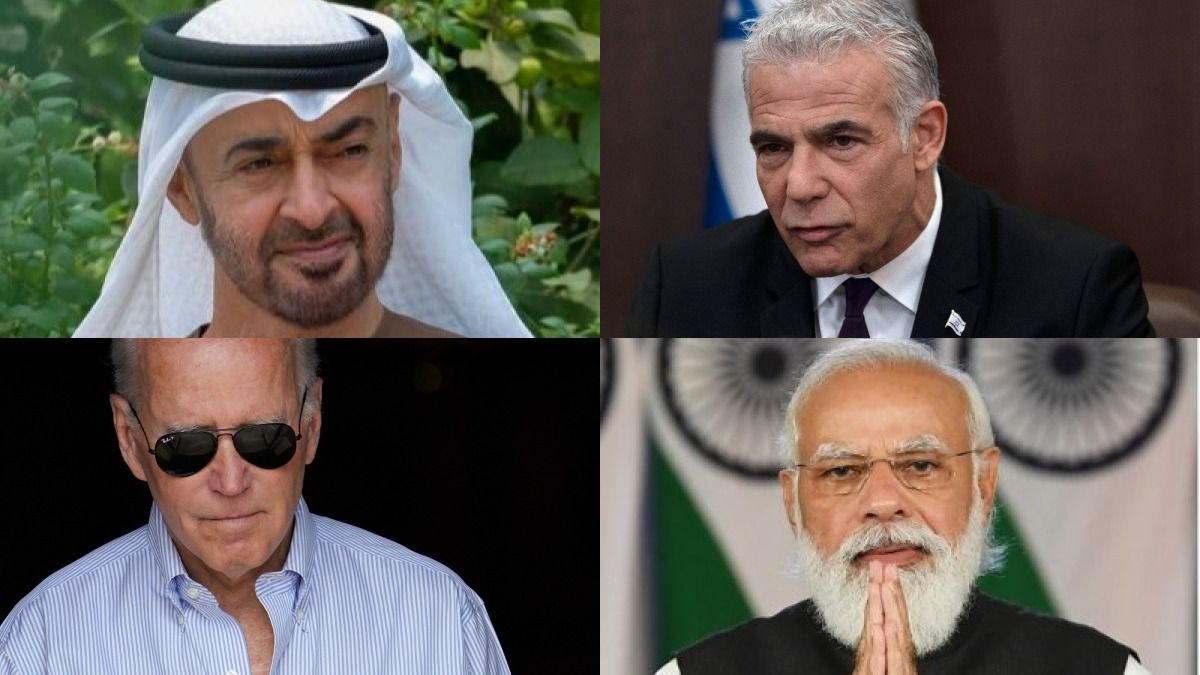United States President Joe Biden launched the “I2U2” grouping — a four-nation dialogue diplomatic forum that includes India, Israel, United Arab Emirates and the United States. The first-ever session of the new grouping will be held on July 14, 2022.
Indian Prime Minister Narendra Modi, UAE President Mohammed bin Zayed Al Nahyan and Israeli Prime Minister Yair Lapid will be joining Biden at the virtual meeting. The US President is currently on a three-day tour to the Middle East.
Also Read: Joe Biden’s trip to the Middle East: 6 things to look out for
What is the origin story of the I2U2?
India’s External Affairs Minister S Jaishankar visited Jerusalem in October last year and huddled with his counterparts from UAE, the United States and Israel.
At that time, the meeting was named “International Forum for Economic Cooperation.” However, officials decided that the discussions should be elevated so that the heads of states could also engage. It was then rebranded as “I2U2.”
What will be the focus of I2U2?
Days before the summit was set to kick off, India’s Ministry of External Affairs released a statement highlighting the objectives of the meeting. The statement read, “The leaders will discuss the possible joint projects within the framework of ‘I2U2’ as well as the other common areas of mutual interest to strengthen the economic partnership in trade and investment in our respective regions and beyond.”
“I2U2 is aimed to encourage joint investments in six mutually identified areas such as water, energy, transportation, space, health, and food security”, the statement added, according to reports from PTI.
Also Read: Joe in Jerusalem: What US president’s Israel visit means to the world
What’s in it for India?
India’s bilateral strategic ties with each of the three countries are on an upswing in the last few years, news agency PTI reported. Ned Price, a spokesman for the US State Department, said there is a lot of opportunity for deepening relationships.
“There are a number of areas where these countries can work together, whether it’s technology, whether it’s trade, whether it is climate, whether it’s COVID, and potentially even security as well,” he said.






